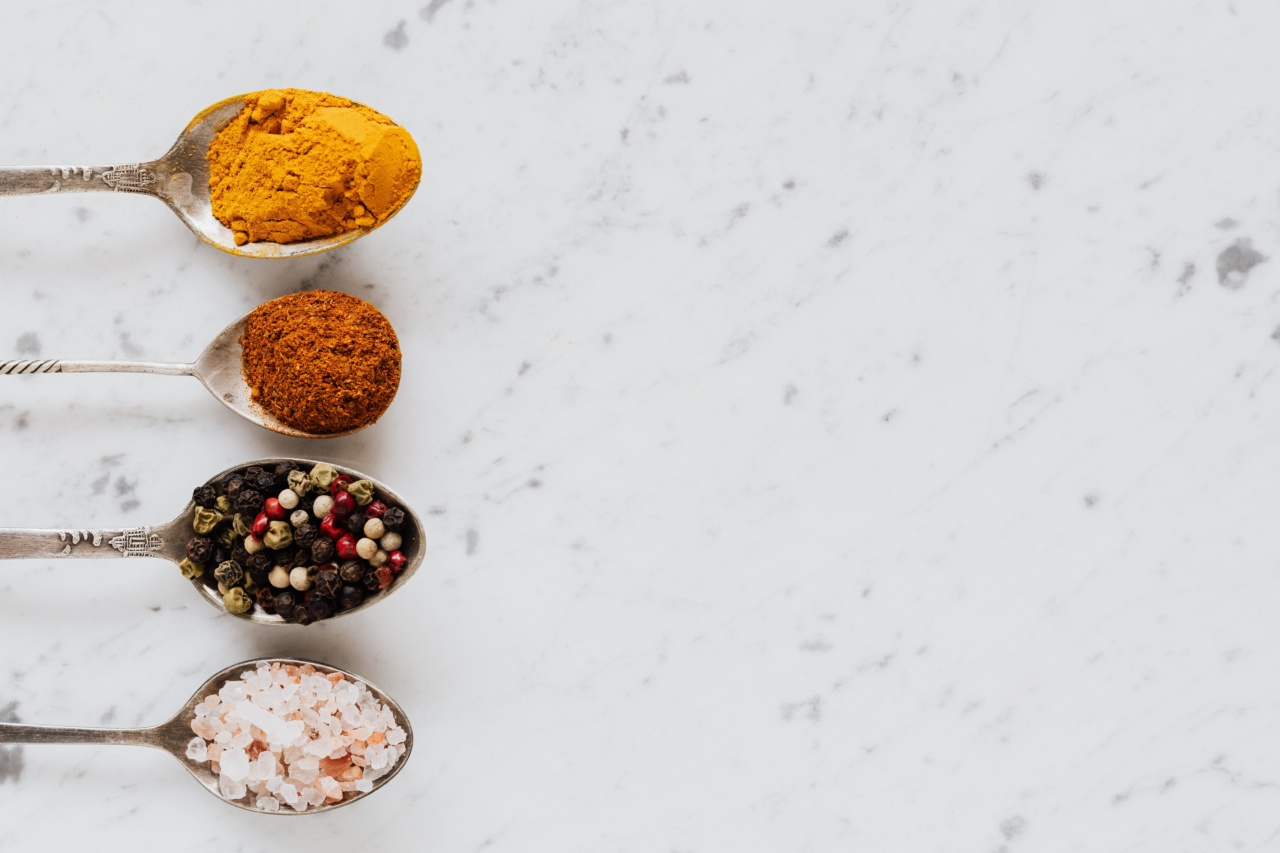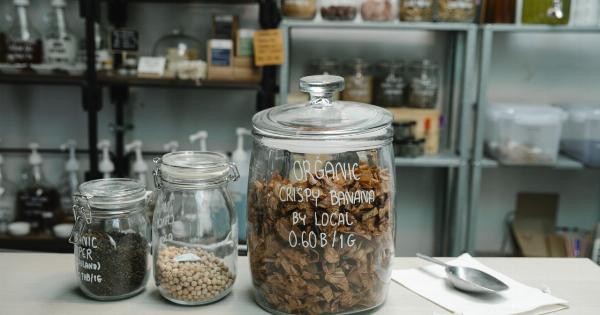Himalayan salt has become increasingly popular in recent years. This pink-hued salt is mined from deposits near the Himalayan Mountains and is believed to have numerous health benefits.
However, there are also many myths and misconceptions surrounding this trendy salt. In this article, we will explore the facts and fiction of Himalayan salt.
What is Himalayan Salt?
Himalayan salt, also known as pink salt, is a type of rock salt that is typically mined from the Khewra Salt Mine located in the Punjab region of Pakistan. The salt is naturally occurring and is believed to have formed over 250 million years ago.
The distinctive pink color of Himalayan salt comes from trace minerals, such as magnesium and potassium, that are present in the salt crystals.
Is Himalayan Salt Healthier than Table Salt?
One of the biggest myths surrounding Himalayan salt is that it is healthier than table salt. This claim is not supported by scientific evidence. Both Himalayan salt and table salt are primarily composed of sodium chloride.
While Himalayan salt does contain trace minerals, the amounts are typically too low to provide any significant health benefits. Additionally, the minerals in Himalayan salt can typically be obtained from a well-balanced diet.
Does Himalayan Salt Have Antimicrobial Properties?
Another claim surrounding Himalayan salt is that it has antimicrobial properties. While there is some evidence to suggest that certain types of salt can inhibit the growth of bacteria, this claim is largely unfounded.
It is important to note that any salt, including Himalayan salt, should not be relied on as the sole means of preventing or treating infections.
Can Himalayan Salt Improve Respiratory Health?
One popular use for Himalayan salt is in salt lamps and inhalers. It is claimed that inhaling the salt can improve respiratory health by reducing inflammation and clearing mucus.
While there is some evidence to suggest that inhaling certain types of salt can have a positive effect on respiratory health, these therapeutic effects have not been definitively proven for Himalayan salt in particular.
Is Himalayan Salt Safe to Consume?
Himalayan salt is generally considered safe to consume. However, it is important to note that all types of salt should be consumed in moderation.
Excessive salt intake can lead to a number of health problems, including high blood pressure and an increased risk of heart disease. Additionally, some Himalayan salt products may be contaminated with harmful substances, such as heavy metals, if they are not harvested and processed properly.
Can Himalayan Salt Detoxify the Body?
One of the more popular claims surrounding Himalayan salt is that it can detoxify the body. This claim is largely unfounded, as there is no scientific evidence to support it.
The body has its own natural detoxification system, and no external substance, including Himalayan salt, is necessary to support it.
Does Himalayan Salt Have Any Culinary Benefits?
While Himalayan salt may not have any significant health benefits, it is often touted as having superior flavor to table salt. The unique mineral composition of Himalayan salt can impart a subtle and complex flavor to foods.
Additionally, the larger crystals of Himalayan salt can make it easier to control the amount of salt added to dishes, making it a popular choice among chefs and food enthusiasts.
Can Himalayan Salt Be Used for Skincare?
Himalayan salt is sometimes used in skincare products, such as scrubs and bath salts.
While there is no scientific evidence to support the claim that Himalayan salt can improve skin health, the exfoliating properties of salt can help to remove dead skin cells and promote cell renewal. However, it is important to use Himalayan salt skincare products in moderation, as excessive use can lead to skin irritation.
Is Himalayan Salt Worth the Hype?
While there are certainly some potential benefits to using Himalayan salt, it is important to separate fact from fiction. Many of the claims surrounding Himalayan salt are not supported by scientific evidence.
However, Himalayan salt can still be a flavorful and versatile ingredient in the kitchen, and it can be a visually appealing addition to home decor. As with any trendy product, it is up to the individual to weigh the potential benefits and drawbacks and decide if it is worth the hype.






























